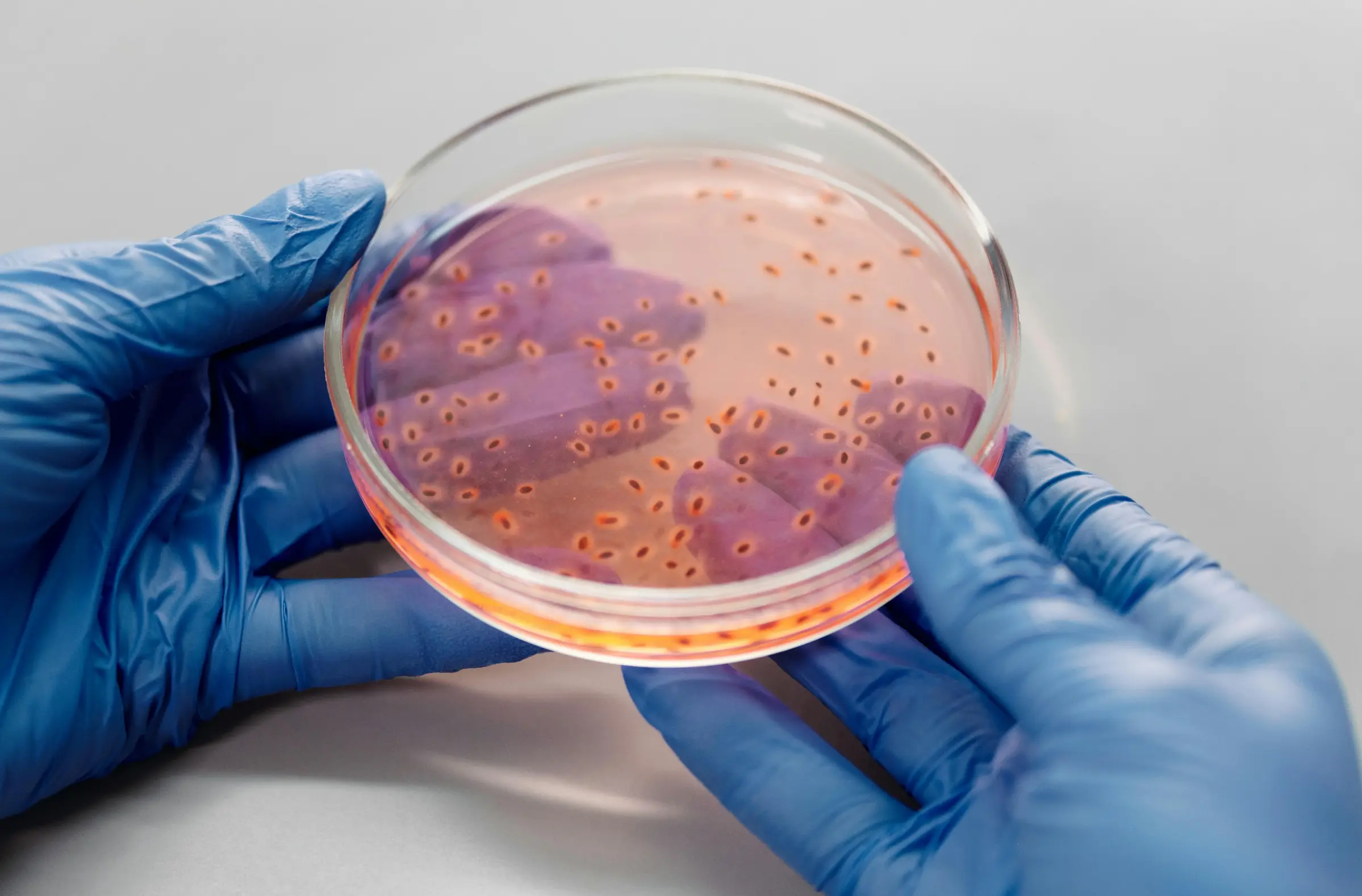New Studies: Q10 and Selenium May Slow Aging
Supplements of Q10 and selenium can reduce age-related diseases and prolong life, according to new studies from Sweden and Norway.

Recent studies from Sweden and Norway show that supplements with Q10 and selenium can prolong life and reduce the risk of age-related diseases. Research indicates that these supplements have positive effects on health, stress, aging, inflammation and quality of life.
What are Q10 and Selenium?
The body naturally produces Q10, but production decreases with age. Diet and supplements can affect levels. Previous research has shown that antioxidants can slow aging and reduce the risk of cardiovascular disease. The new studies confirm these findings.
Study from Sweden
A Swedish study examined 443 people over four years. Half received daily supplements of selenium and Q10, while the other half received a placebo. The study was double-blind, meaning neither the participants nor the researchers knew who was getting what.
The results showed that the group receiving selenium and Q10 had:
- Lower risk of cardiovascular disease
- Less oxidative stress
- Fewer inflammations
- Improved heart function
- Fewer hospital admissions
- Better overall quality of life
Study from Norway
A research team in Norway analyzed whether selenium and Q10 could protect the telomeres, which are the outermost parts of chromosomes. Telomeres shorten with each cell division, and shorter telomeres increase the risk of age-related diseases.
The Norwegian study showed that those who took daily doses of Q10 and selenium:
- Retained telomere length after four years
- Placebo group got shorter telomeres
Leading Researcher
Professor and cardiologist Urban Alehagen led the main study, which was a collaboration between Linköping University and Karolinska Institutet in Stockholm. Trine Baur Opstad, senior researcher at Oslo University Hospital, also participated in the study.
“The difference in telomere length between the groups was very significant. Selenium and Q10 protect the telomeres and slow down their shortening,” Baur Opstad told VG.
Natural Sources of Q10 and Selenium
She explains that the heart's own production of Q10 decreases by about 50 percent between the ages of 20 and 80. Foods rich in Q10 include eggs, peas, broccoli, salmon, trout, certain offal, pork meat and peanuts. Selenium is found in leafy vegetables and animals that have eaten selenium-rich diets. Swedish soils are poor in selenium, which affects the selenium content in cereals, vegetables and meat.
Selenium-rich foods include Brazil nuts, tuna, sardines, halibut, turkey, liver, eggs, spinach, sunflower seeds and steak.
The researchers point out that Q10 and selenium are not a miracle cure. A healthy lifestyle is also important, including avoiding excessive alcohol consumption, smoking, radiation, chemicals, inflammations, oxidative stress, unhealthy foods, and physical inactivity.
Aftonbladet writes that dietary supplements can counteract heart disease and slow aging. According to Trine Baur Opstad, it is never too late to change lifestyle and start taking Q10 and selenium to preserve body functions for as long as possible.
Ole Petter Hjelle, a doctor and associate professor at Innlandet University, and an expert on antioxidants, believes that the studies from Sweden and Norway are solid research. He stresses that Q10 and selenium are two small but important parts of a comprehensive antioxidant protection.

.avif)








